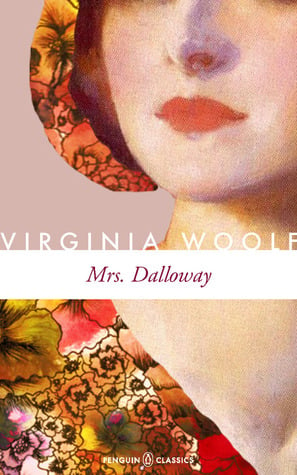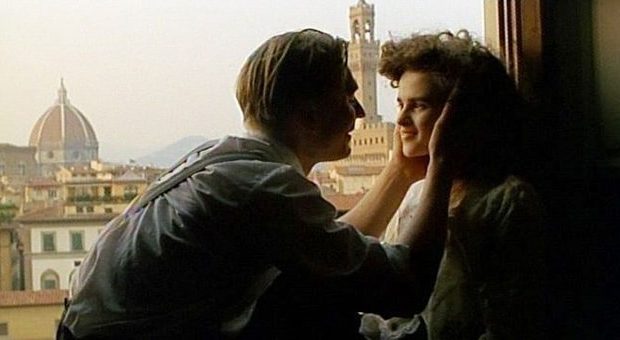In
life, there are only two things to worry about:
Either you are well or you are sick.
If you are well, there is nothing to worry about.
But if you are sick,
there are only two things to worry about:
Either you will get well or you will die.
there are only two things to worry about:
Either you will get well or you will die.
If you get well, there is nothing to worry about.
But if you die,
there are only two things to worry about:
Either you will go to heaven or hell.
Either you will go to heaven or hell.
If you go to heaven, there is nothing to worry about.
But if you go to hell,
You'll be so busy shaking hands with friends
You won't have time to worry!
You'll be so busy shaking hands with friends
You won't have time to worry!
~ Author Unknown ~





